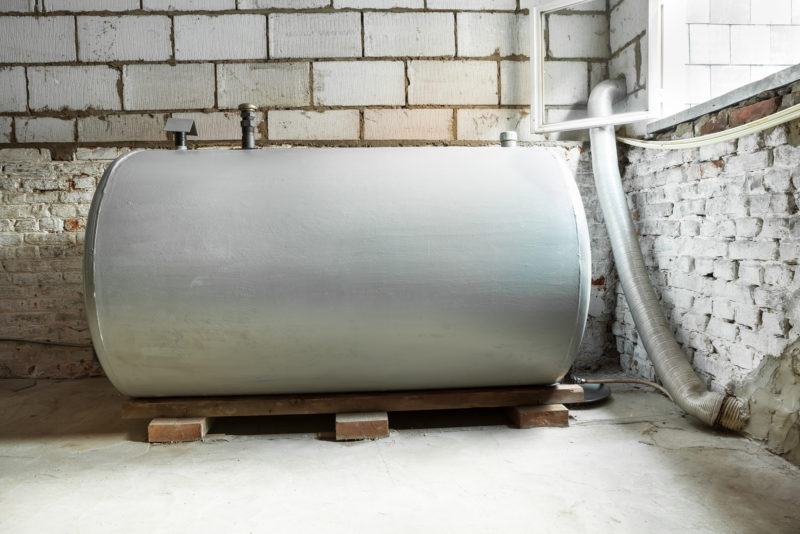During the winter, the Baltimore, Maryland, area can experience frigid temperatures. Having a central heating system is essential to being comfortable in your home during these months. Heating oil is one of the safest fuels you can use to warm your home, but using fuel oil comes with its own risks. Learning safety tips associated with heating oil is imperative. Find out what to look out for and do if you discover problems with your heating oil.
How to Deal With Your Heating Oil
Don’t place anything flammable within 3 feet of your fuel burner. Being close to such extreme heat can ignite objects and start a fire. Be sure to inform your children and family members about safety procedures for the tank. To ensure their safety, let them know that they aren’t allowed to be close to the tank.
Regularly schedule a maintenance check with us for your fuel burner at least a few times a year. Inspections not only ensure that your burner is heating fuel safely, but it also ensures that your heating equipment is operating as efficiently as possible.
Risks Associated With Heating Oil
Take care to be aware of the following risks associated with home heating oil.
Fumes
If you notice the smell of oil around your home, it typically means that your heating system requires maintenance. The odor could be a sign of a misalignment or crack in the equipment. These fumes can be dangerous, and you need to contact our professionals immediately if you detect an odor.
Odorless fumes such as carbon monoxide could possibly leak from the fuel burner if it sustains damage. Carbon monoxide is a byproduct of combustion and is present each time fuel burns in fuel tanks, ovens, fireplaces, grills, and clothes dryers. Installing a carbon monoxide detector can help alert you to any potential issues with carbon monoxide in your home.
Fire
The probability of a fire occurring due to your heating oil is fairly remote. Heating oil will not explode under normal circumstances. However, you should not place any flammable materials anywhere near your home’s heating oil source.
Leaks
Heating fuel is generally stored in a tank and needs some meticulous maintenance. The worst issue you’ll run into concerning your tank is a leak. A leak can contaminate your soil and drinking water, which can cause a myriad of health problems and costly repairs.
How to Detect a Leak
- Talk to your heating oil distributor when your fuel is delivered. If your distributor reports any sharp increases in fuel use, you could be facing a possible leak.
- If the tank is located outdoors, any loss or change in vegetation could indicate a possible leak.
- The presence of an oil odor in your home could point to a leak.
- If your drinking water tastes different or has an odor, call a water treatment specialist to test your water.
- If you have an above-ground tank, check the oil-water separator for possible problems with excess water collection.
- If your tank has signs of corrosion, contact one of our professionals to inspect your tank.
- Ice, snow, and insect nests can result in overfilling when you refuel your oil. Overfilling can cause a spill and leaks in the fitting, pipes, hoses, and valves, especially in older systems.
What to Do If Your Oil Storage Tank Leaks
If fuel oil begins to leak from pipes or the actual storage unit, contact us or your local fire department immediately (depending on the severity of the leak). Do your best to contain any leaking oil. Keep the spilled oil away from sump pump areas or floor drains. Don’t try to deal with the issue yourself. If you do, you could sustain serious injuries to yourself or put members of your household in danger.
You should practice safety while dealing with your oil heating tank, but always know when to call the professionals. Maintenance is best left to the experts. If you are concerned about leaks or want to make sure all parts of your home heating system are operating properly, call Griffith Energy Services at 888-474-3391.
Image provided by Bigstock




